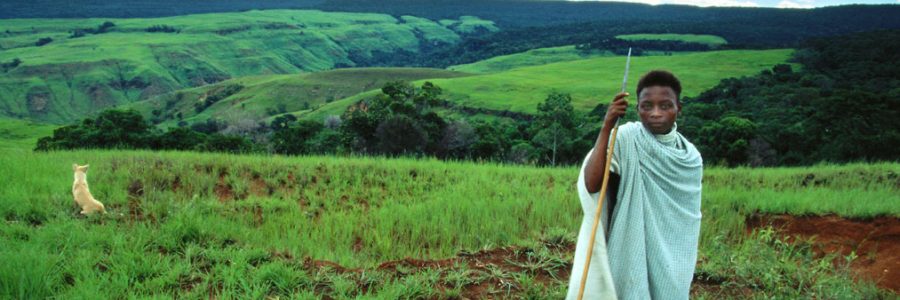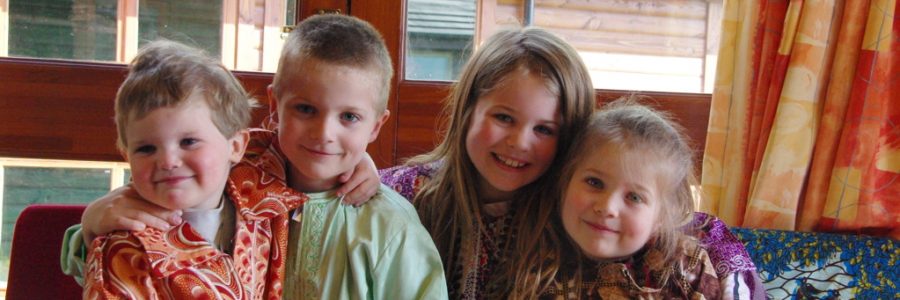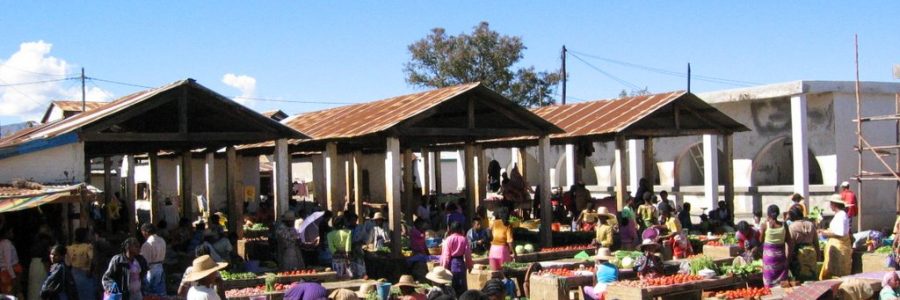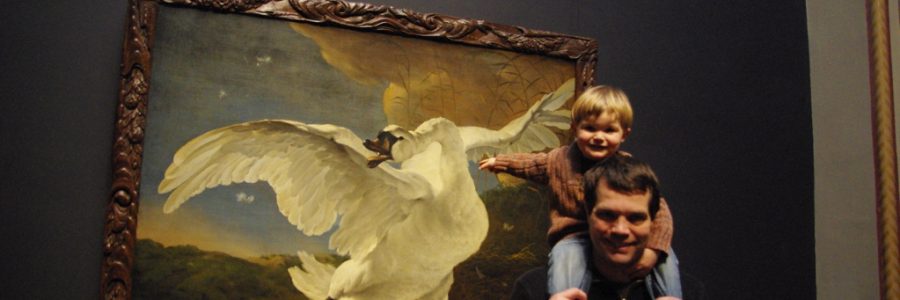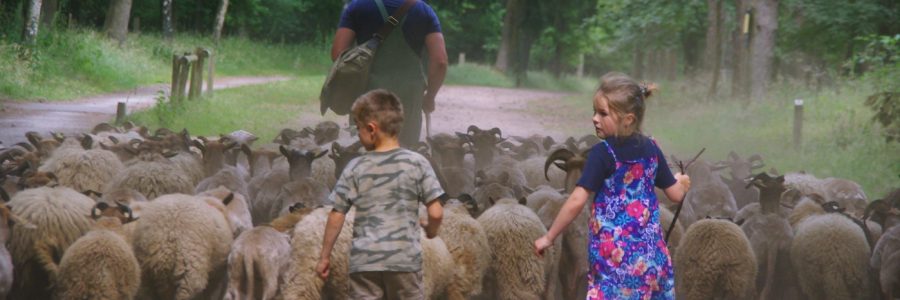Seen From a Secular Viewpoint 1
Introduction
A commonly heard statement against missionary work is to leave people alone: do not spoil their culture and belief systems. One should not bother people groups with alien belief systems.
This argument is understandable because many appreciate the diversity of cultures around the world. Rightly so, it is one of the many beautiful aspects of human beings. Humans around the world have developed their own style of music, dance, and other traditions.
Nevertheless, the aforementioned objection is not as obvious as it seems. This paper will accommodate the given objection with the necessary comments. Note that most of this paper’s focus will be on rural African situations. Yet, this does not mean that the discussed ideas are restricted to this setting alone.
World-view
Before we move on to the actual objection it will be valuable to be familiarised with the concept of ‘world-views’. Cultural diversities make a big difference in people’s understanding of the world around them—how one interprets diseases, prosperity, natural events, etcetera, depends strongly on one’s belief system. To illustrate how one’s world-view can differ from others we will take a look at a paragraph from Burnett’s book ‘Clash of Worlds’:
Implications
People who state that it would be better to leave other cultures alone, often forget that their statements have come forth out of certain presuppositions. Firstly, to say that Christian missionaries are bound to spoil one’s culture seems to implicate that the culture in question is ultimately satisfying to its inhabitants. And secondly, it indicates an outdated idea of missionary work where missionaries try to ban the established cultures in order to Westernise the world.
Satisfying in Every Aspect?
The first implication basically states that people from other cultures are most content with their own belief systems and co-existing cultural traditions. This, however, is not as straightforward as one might think. Especially in many rural African societies, where people give a lot of weight to the worship of ancestors and nature spirits, people suffer many fears. Frequently the people consult so called witch-doctors or medicine-men, who prosper on the fears of their ‘patients’. Diseases and other misfortunes are quickly explained as being a punishment or as inflicted by an upset spirit or by a witch. 3 Often it requires a sacrifice to restore the delicate balance. To say that this cultural facet is satisfying to the inhabitants is far from the truth.
Missionary of Culture
The second implication seems to have some historical truth in it. True enough, in colonial times many (but not all) missionaries viewed their own culture as superior to that of the people they tried to evangelise. Christianity was not only a personal belief, it was embedded in every aspect of many Western societies. Thus, bringing the Gospel was, for many, equivalent to bringing one’s culture. This attitude, however, changed rapidly after the enlightenment period. Today the West is no longer predominantly Christian.
Today’s missionaries understand that the Modern Secular Western culture is not advertising the Christian faith. 4 In other words, Western culture is not the appropriate tool to evangelise people since it does not guarantee a sound understanding of Christianity. Thus missionaries will try to make the Gospel culturally relevant for people. They cannot water down the Gospel but they can highlight different aspects. Take Jesus’ sacrifice for example: In the West we tend to highlight the juridical solution. In a nutshell this view says that all people have sinned against God and deserve punishment for their wrongdoing, just like a thief or violent person needs to be punished by a judge. It was Jesus Who took the punishment for us and He fulfilled the juridical requirement. Those who accept His offer can go free. However, cultures that do not highlight the legal side of society tend to emphasise aspects like shame and traditional fears for ancestors or spirits. For these societies it will be more applicable to focus on Jesus’ victorious work over all evil. Jesus had authority over evil spirits, He was shamefully treated and hang naked on a cross. He took the shame upon Himself of being separated from the Father. He died, but after three days He came back to life thus defeated death itself. Both viewpoints are equally true but will not always resonate with the listeners. It is important to find the most relevant aspects to make people listen. Later one can always teach the other aspects as well.
Secular Gain Through Missionary Work
Language
Most rural Africans have their own language and will have great difficulties learning in the official language. Often one of the primary goals of missionaries is to learn the native language. Normally they will try to put this language into writing. It does not need explanation to state that this is a great advantage for the people. Many local schools started right after these writings were (partly) finished. By learning how to read and write, people are more armed against fraud when buying or selling their goods.
Healthcare
Another very important aspect is that of healthcare. Clean drinking water, simple remedies against diseases, AIDS/HIV prevention programmes, etcetera, are all part of many modern missionary organisations. The success rates of these programmes are hard to express in figures. However, many organisations are committed to stay on a long term basis. During this period they will seek to train the native Africans. This way the organisation shares its knowledge and consequently the people become less dependent.
Economy
Although missionary work starts with the longing of spreading the Gospel, it is often a great boost for the local economy. Missionaries do not consider profitable areas as more important than non- profitable areas. That is to say, secular Non-Governmental Organizations (NGOs) will have to abide to strict regulations of where to go and what to do. 5 Furthermore, secular NGOs may do a good job in education and the like, but more often than not rural Africans are not capable, due to religious convictions, to fully profit from their help. 6 Parris says the following about it:
Missionaries, on the contrary, have the freedom to go to people groups who do not have access to proper education and/or healthcare. Additionally, Christians are not committed to a secular world- view thus capable to address the religious aspects more effectively.
The Christian faith strongly depends, in contrary to the traditional rural African religions, on individual decisions. The Christian faith emphasises the unique bond between God and human. Christians do not need intermediaries in order to have a relationship with God. No longer will the person have to be subordinate to others, which will result in a bolder attitude towards progression. A naturalistic and materialistic approach to a people, who are deeply rooted in religious traditions, will not help them. Their religious system will have to change alongside. Fears need to be addressed. The traditional rural Africans will not change certain habits because they fear the possible negative consequences—better not disturb the ancient spiritual order. Those who entrusted themselves to the Christian faith however, will abandon these fears because they know that their new Saviour became victorious over all evil. Parris testified that the Christians he met “were always different. Far from having cowed or confined its converts, their faith appeared to have liberated and relaxed them. There was a liveliness, a curiosity, an engagement with the world—a directness in their dealings with others—that seemed to be missing in traditional African life. They stood tall.” 8
Conclusion
Missionary work in Africa is not only about winning souls. It digs much deeper in the change everyone wants to see in Africa. Although secular NGOs are of great worth, they cannot replace the deepest longing in the hearts of many Africans. Many rural Africans have a deeply rooted religious system which is unlikely to change through secular education. Missionaries can offer a solid replacement of their, often fear-driven, religious ideas.
To change the beautiful African culture should not and is not the goal of most missionary organisations. Nevertheless, there are certain aspects in these cultures that need a head on approach. 9 Many Africans are illiterate because in their culture they never actually needed it. Times change and so do trades. A literate person will not likely be a victim of fraud. Furthermore, reading and writing is of great use when it comes to education. To read that certain customs are harmful can help to change their (often cultural infused) habits. 10
Instead of spoiling a culture it would do more justice to missionaries to state that they enrich one’s culture. Not only in spiritual aspects but also in materialistic ways. This holistic approach has proven to be very sufficient for economical growth—and economic growth that many Westerns wish to see happen among the people from this beautiful continent called ‘Africa’.
Endnotes
- ↑ Secular: Denoting attitudes, activities, or other things that have no religious or spiritual basis.
- ↑ Burnett, D., Clash of Worlds: What Christians can do in a World of Cultures in Conflict, London: Monarch Books, 2002, p. 15.
- ↑ Burnett, D., World of the Spirits: A Christian Perspective on Traditional and Folk Religions, London: Monarch Books, 2000, pp.126-128.
- ↑ Whether it ever did, is a different debate.
- ↑ Maggay, M. P., ‘Justice and Approaches to Social Change,’ in (eds.) M. Hoek & J. Thacker, Micah’s Challenge: The Church’s Responsibility to the Global Poor, Colorado Springs: Paternoster, 2009, p.131.
- ↑ Ibid. p.123.
- ↑ Parris, M., As an atheist, I truly believe Africa needs God, Times Online, website (http://www.timesonline.co.uk/tol/comment/columnists/matthew_parris/article5400568.ece, 2008), Downloadable pdf: http://www.rootedinjesus.net/docs/Parris.pdf.
- ↑ Ibid.
- ↑ Maggay, M. P., ‘Justice and Approaches to Social Change,’ in (eds.) M. Hoek & J. Thacker, Micah’s Challenge: The Church’s Responsibility to the Global Poor, Colorado Springs: Paternoster, 2009, p.123.
- ↑ Matters of nutrition, immunization, personal hygiene, family planning, child rearing, seeking early medical care, disposal of solid wastes and human excreta etc.
Download this article in pdf
Printfriendly version
Also read Emy’s story
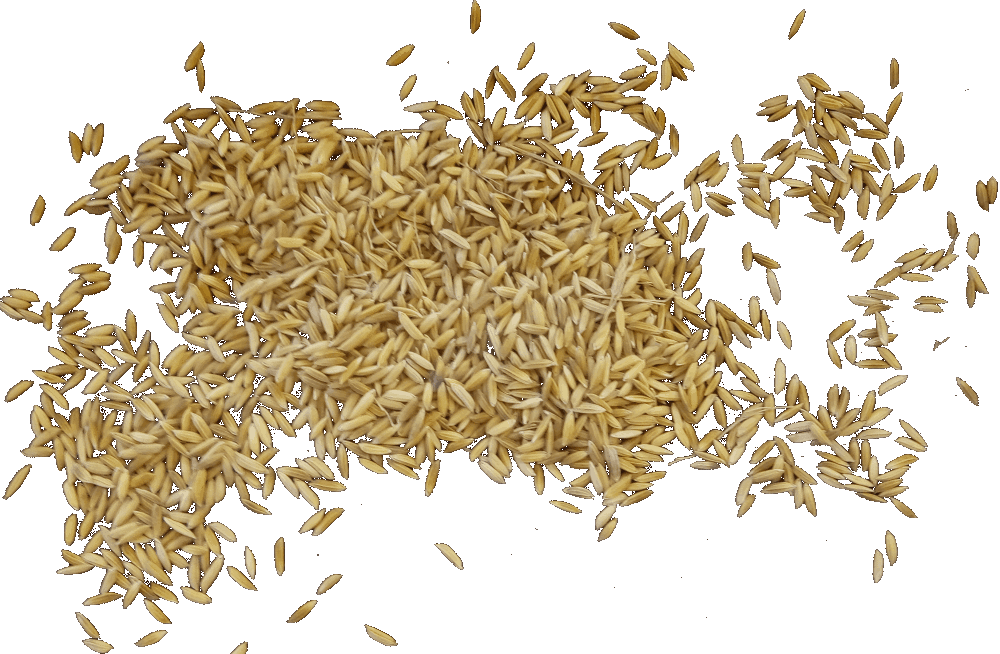
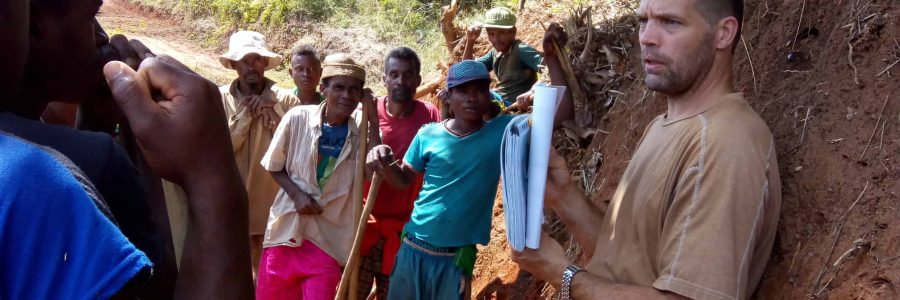


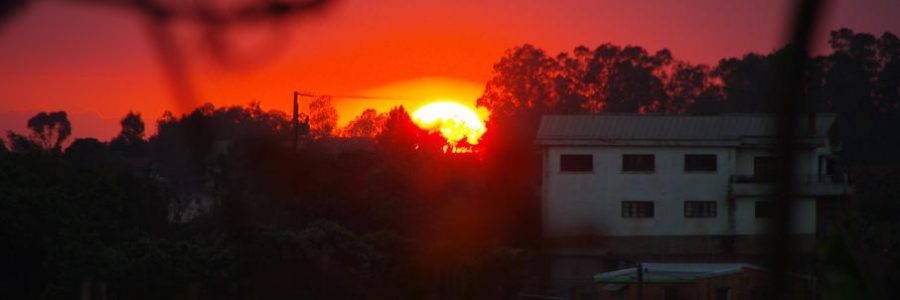
 We were not alone! A total of 22 adults and 28 children joined us and they were all ready to serve the Lord at different places. To see a bigger version of the photo on the richt you can click on it. The first week at ABO we have studied the African culture and values. Among our tutors was a Kenyan man who lived in the UK for several years. This made that he could relate to our western culture as well as to the African culture. It was good to talk with other missionaries—some of who already work in Africa for several months or even years. We have learned a lot from each other.
We were not alone! A total of 22 adults and 28 children joined us and they were all ready to serve the Lord at different places. To see a bigger version of the photo on the richt you can click on it. The first week at ABO we have studied the African culture and values. Among our tutors was a Kenyan man who lived in the UK for several years. This made that he could relate to our western culture as well as to the African culture. It was good to talk with other missionaries—some of who already work in Africa for several months or even years. We have learned a lot from each other.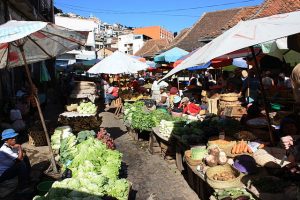 Buying food is fun. Delicious mangos for only € 0,08 and banquettes for only € 0,11. We can buy all sorts of things on the market. This week we bought 1 kilo tomatoes, 1 kilo carrots and about 400 grams of beans for 2400 Ariary (€ 0,67). Other things are more difficult to find. Full grain bread is hard to come by and can only be found in the supermarket but than you will have to be prepared to pay more.
Buying food is fun. Delicious mangos for only € 0,08 and banquettes for only € 0,11. We can buy all sorts of things on the market. This week we bought 1 kilo tomatoes, 1 kilo carrots and about 400 grams of beans for 2400 Ariary (€ 0,67). Other things are more difficult to find. Full grain bread is hard to come by and can only be found in the supermarket but than you will have to be prepared to pay more.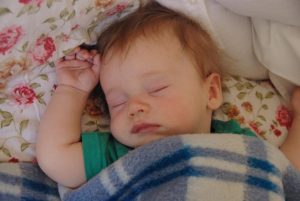 We love to see all the learned theory in action. At the same time we are very tired at the end of the day. This ‘end of the day’ is about 6 pm—the sun has gone under by then and will be up as early as 05:20. Thus our day starts at 6 am and around 9 pm we are already in our snug beds… talking about which…
We love to see all the learned theory in action. At the same time we are very tired at the end of the day. This ‘end of the day’ is about 6 pm—the sun has gone under by then and will be up as early as 05:20. Thus our day starts at 6 am and around 9 pm we are already in our snug beds… talking about which…
